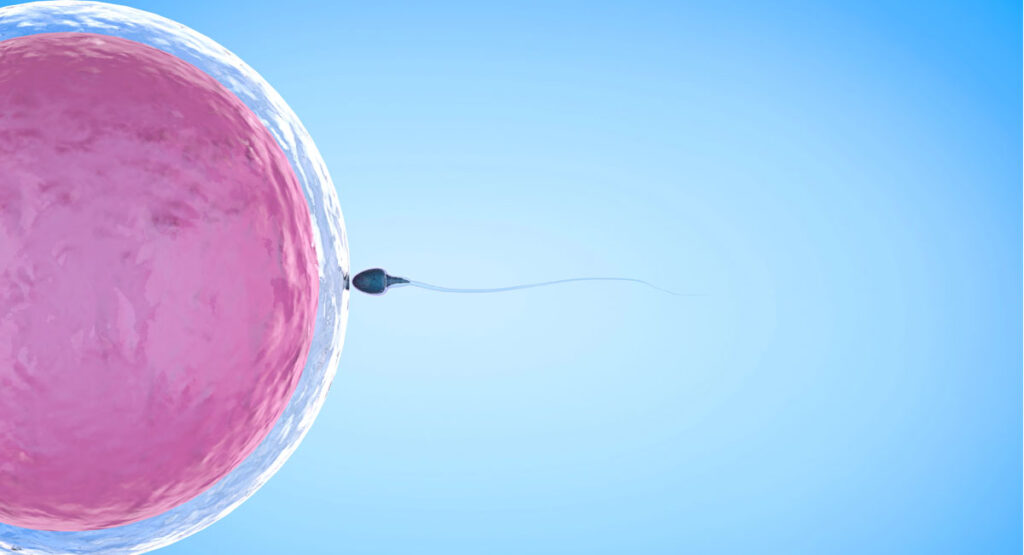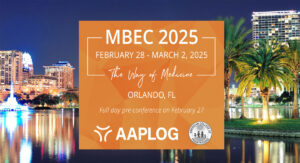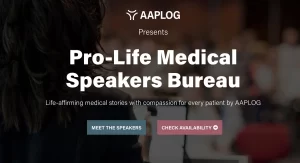AAPLOG recently published a new Committee Opinion titled “Ethical Treatment of Human Embryos.” Authored by several authors on the Research Committee, this document explores the scientific evidence surrounding the beginning of a human organism and the necessary implications of this information for the ethical treatment of embryos in both research and Assisted Reproductive Technology, particularly IVF.
The authors begin by examining the evidence surrounding the moment of sperm-egg fusion and the nature of the entity produced. They conclude that the behavior of the zygote (one-celled embryo) that is formed is characteristic of a human organism, i.e., a human being, which goes on to have one continuous biological existence throughout his or her developmental stages.
Given that the embryo is a human being, the scientific and medical communities bear certain responsibilities toward it. The authors discuss the ethical responsibilities of physicians and researchers toward human subjects, and the ethical problems of current research practices including the creation of Human Embryonic Models (HEMs).
The Committee Opinion also offers an examination of current IVF practices, which are often not life-affirming and never life-sparing. AAPLOG does not endorse a formal position on IVF and recognizes the diversity of opinion of its members; rather, this committee opinion is intended to “promote the dignity and life of the human embryo and promote the reduction of harms and risks to the embryo.”
From the document:
In summary, the recognition of human beings in the embryo stage calls for an ethical reevaluation of both research practices to conform with international consensus statements on human subject research and some practices in the ART/IVF industry. Our common humanity requires justice and beneficence for all human beings, regardless of age or circumstances of our beginnings.
We know that this is a very pertinent topic currently and many of our members as well as partner organizations are looking for a thorough review of the ethics surrounding how we treat embryonic human beings. Our hope is that this Committee Opinion can be a significant contribution to this discussion.






